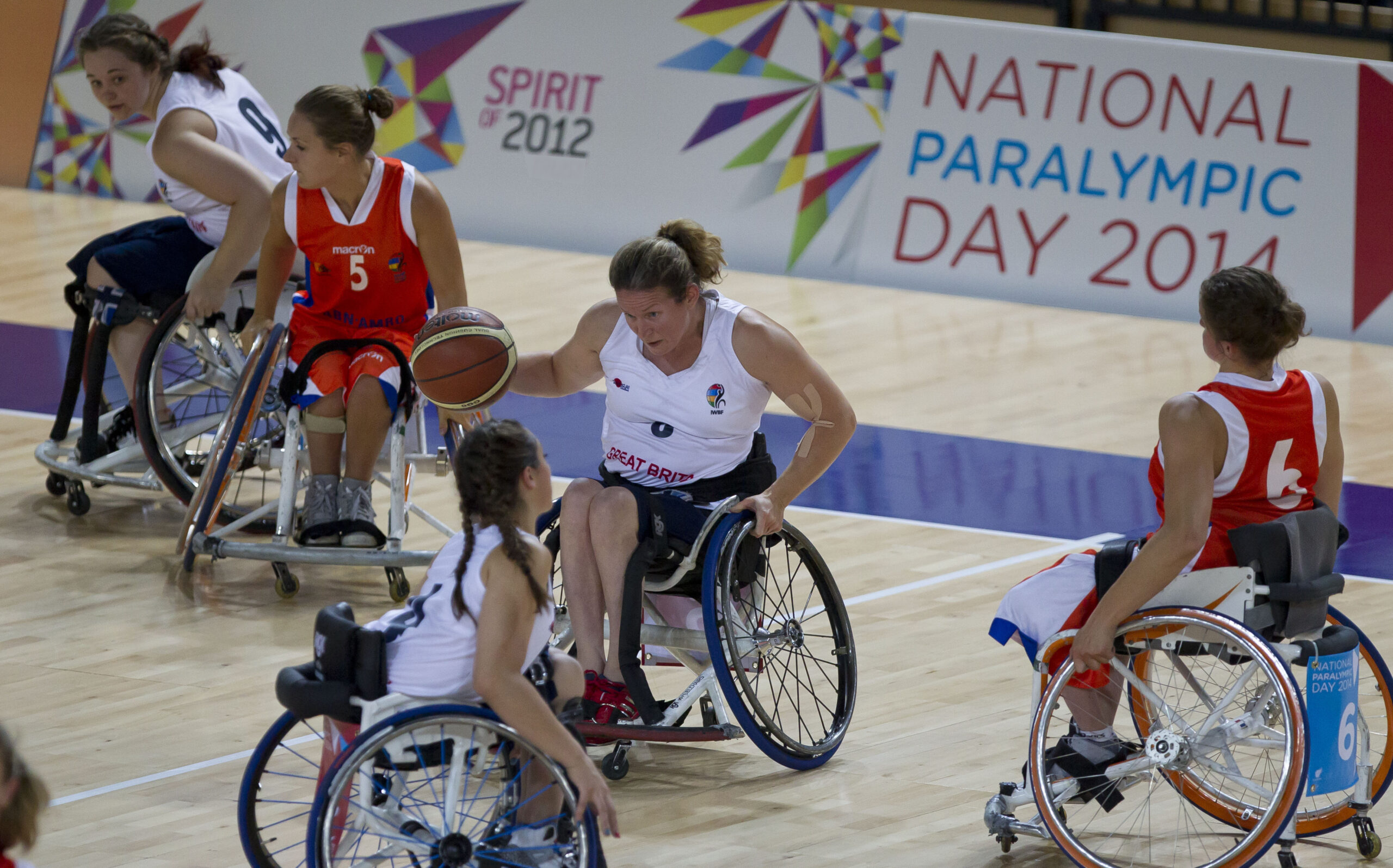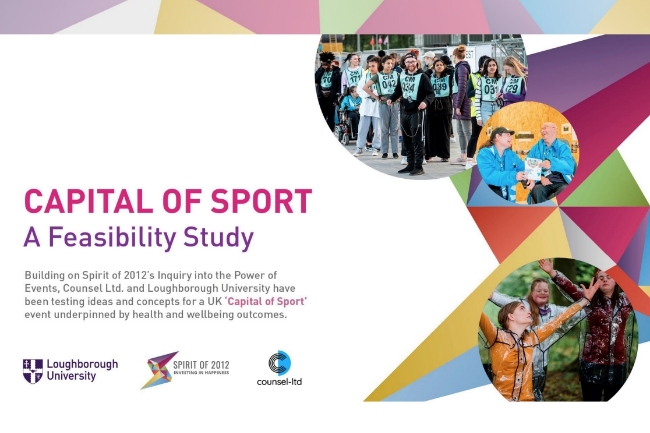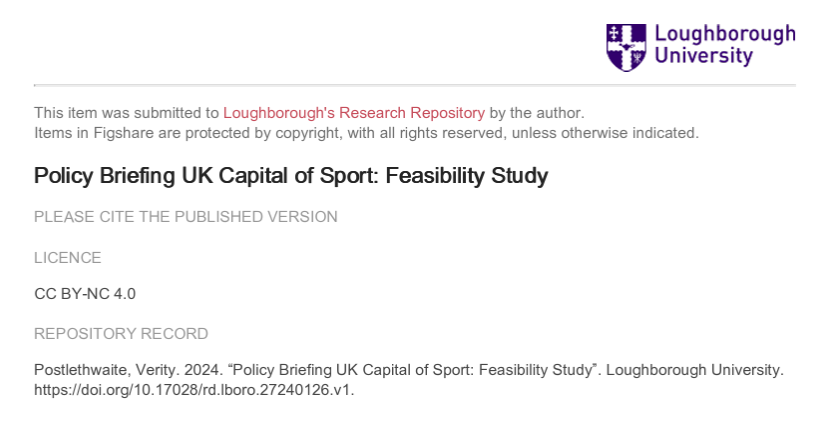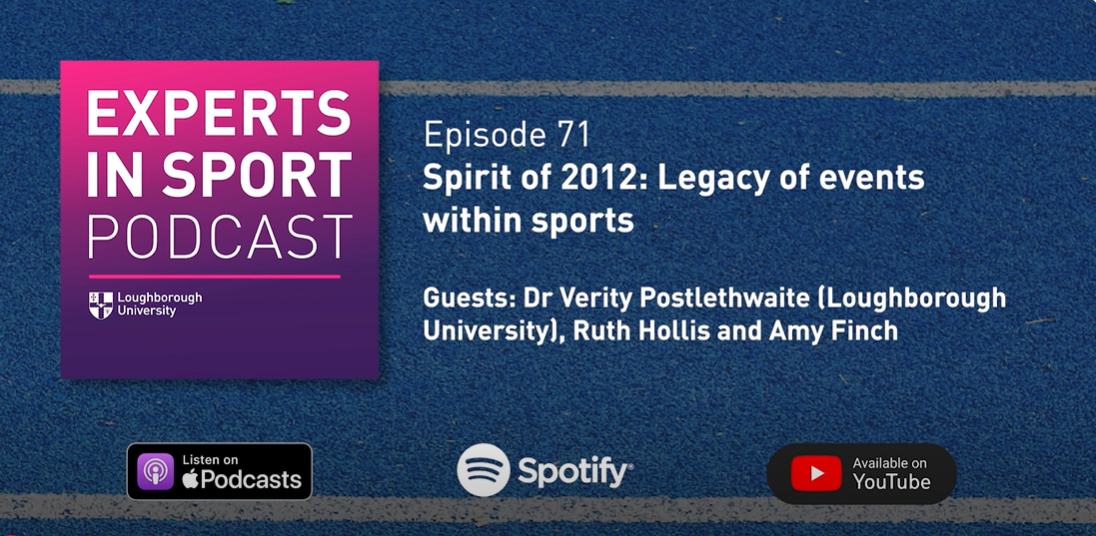A feasibility study into creating UK Capital of Sport based on the success of the UK City of Culture model.

Capital of Sport

In January 2023, Spirit of 2012 published the findings of our Inquiry into the Power of Events. The Inquiry made five recommendations and two proposals, one of which was for the creation of a UK City of Sport, modelled on the success of City of Culture.

In September 2023, Spirit of 2012 contracted Counsel and Loughborough University to deliver a feasibility study with the aim of exploring:
- Readiness factors for places in the UK to host and the prominence of the placemaking agenda to include all types of ‘places’ in funding and policy decisions.
- Cost of living and economic factors creating challenges and opportunities around models for an effective Capital of Sport.
- Ability to build health and wellbeing drivers and innovation into a viable bidding and delivery model for a Capital of Sport.
- Opportunities and challenges to develop the event model based on the learnings from the City of Culture model and other iterations of this event, such as those across Europe.
- Stakeholder and public appetite for a Capital of Sport.
The report proposes three models (1, 2, 3) and three concepts (a, b, c):
- Competitive bid (one winner);
- Competitive bid (multiple winners from across the Home Nations);
- Competitive applications (multiple awardees through a clear criteria).
- Enhancement of an existing event – partner with the next City of Culture to embed health and wellbeing outcomes and strengthen the contribution of sport within the existing event infrastructure.
- Wrap around a planned event – partner with another major event (e.g. the 2028 Men’s Euros) to better embed health and wellbeing outcomes for the host places.
- Standalone event – design and deliver a standalone ‘Capital of Sport’ through a multiple winner model with a clear focus on promoting the use of events to bolster health and wellbeing outcomes in places of all shapes and sizes.
See below for the project summary and the full suite of resources, including the full length technical report and our recent Experts In Sport podcast with Loughborough University.
Ruth HollisIn 2023, our Inquiry into the Power of Events proposed a new event that would combine best practice from both the catalytic power of events and the detailed place-based interventions like Get Out Get Active, by initiating a new ‘UK City of Sport Competition’ based on a model similar to UK Cities of Culture. We asked Counsel, with Loughborough, to have a look ‘under the bonnet’ of the idea, test it with policymakers, funders, interested parties and the public to see whether it would add to the events ecosystem of the UK. I am delighted that this report sets out different models that could see physical activity integrated into a new or existing designation to bring the benefits seen by Cities of Culture to sport and physical activity. Throughout this study they were mindful of challenges faced by local authorities in terms of funding and have taken this into account when formulating their recommendations.
Chief Executive, Spirit of 2012



